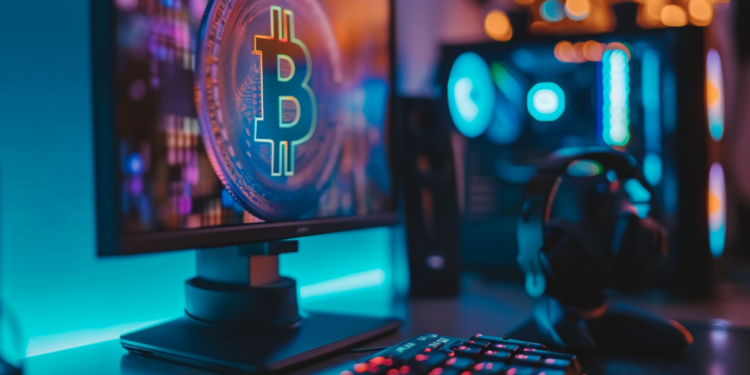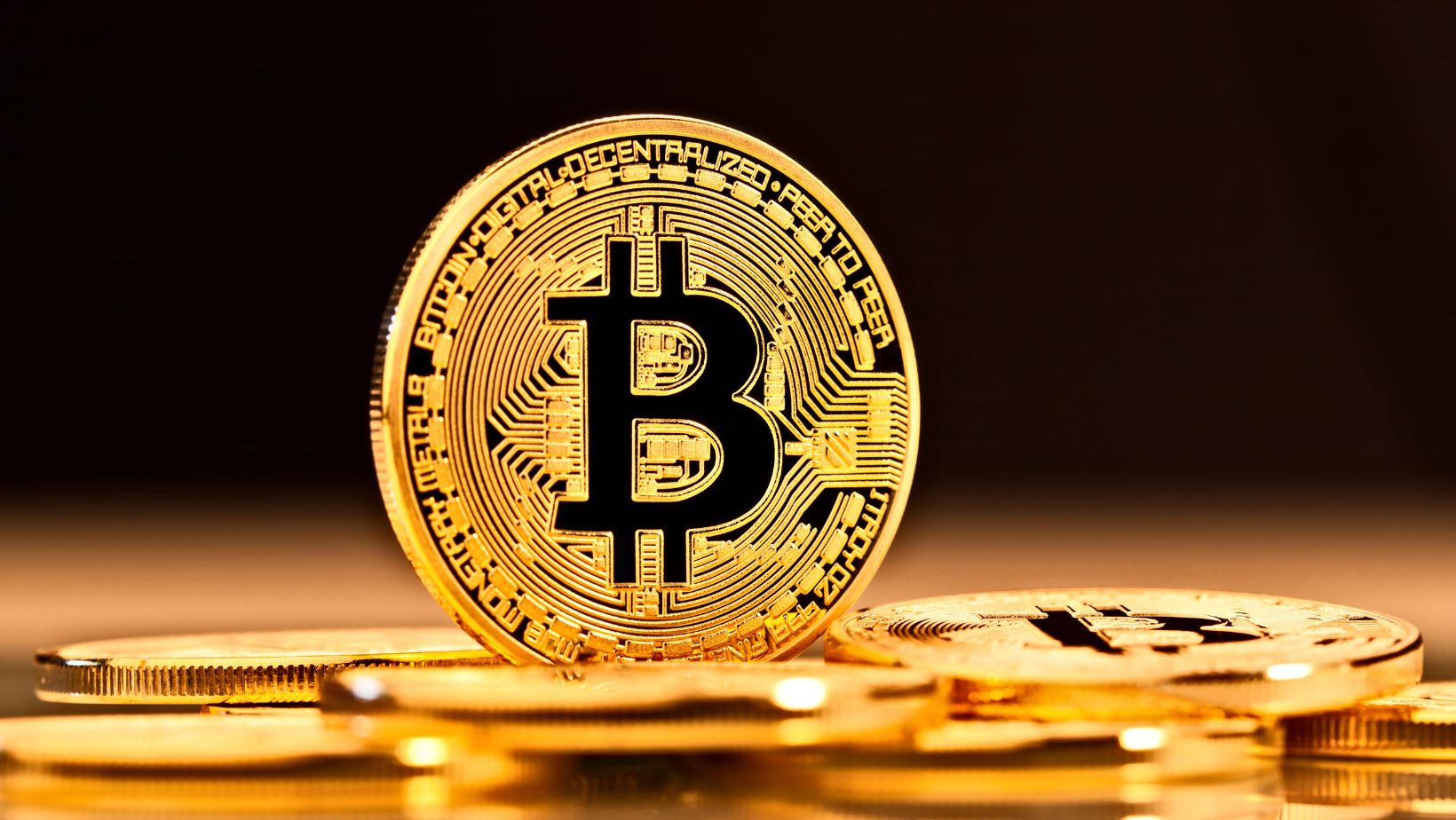The gaming sector is undergoing a significant metamorphosis, driven not by advancements in visual fidelity or processing capabilities, but by the integration of cryptocurrency. This shift has led to the emergence of decentralised platforms and crypto casinos, influencing the very fabric of game development, digital economies, and online communities.
The blockchain, with its promise of decentralisation and transparency, is at the heart of this revolution, redefining the concept of ownership and value within virtual spaces.
Tokenization Of In-Game Assets And The Rise Of Nfts
The concept of ownership in gaming is being reimagined through the tokenization of in-game assets, particularly with the advent of non-fungible tokens (NFTs). These digital tokens are transforming traditional gaming economies by allowing players to have verifiable ownership of unique in-game items. As a result, what was once a transient digital good, locked within the confines of a single game, now carries potential real-world value and can be traded or sold like any physical asset.
NFTs stand out due to their distinct properties and scarcity, underpinned by blockchain’s immutable ledger. This shift in asset ownership from developers to players is profound, enabling players to monetize their time and effort within the game world. The implications of this are vast, from creating secondary markets for digital goods to fostering player-driven economies where value is determined by the community rather than game publishers.
Decentralised Platforms: Empowering Players And Developers
Decentralised gaming platforms are dismantling the traditional hierarchies that have long governed the gaming industry. By leveraging blockchain technology, these platforms offer a level of player governance and community-driven ecosystems previously unseen. Players find themselves not just as participants but as stakeholders with a voice in the platform’s operation and governance.
Through smart contracts, these platforms automate the enforcement of game rules and transactions, ensuring fairness and transparency. This democratisation of gaming governance leads to numerous benefits, including economic empowerment and increased trust among players. Moreover, the resilience of decentralised systems means a more stable and consistent gaming experience, free from the vulnerabilities of centralised control.
Enhancing Security And Trust Through Blockchain
Blockchain’s role in gaming extends beyond ownership and governance; it is also pivotal in enhancing security and trust. By providing immutable transaction records and secure ownership via NFTs, blockchain technology creates a gaming environment that is resistant to fraud and cheating. Smart contracts play a crucial role in this, automating the enforcement of game rules and verifying transactions, which helps to maintain a fair and secure space for all players.
Challenges And Concerns With Blockchain Adoption
Despite its benefits, the adoption of blockchain in gaming is not without challenges.
Regulatory uncertainty looms large, with varying degrees of acceptance across different jurisdictions. Environmental concerns regarding the energy consumption of blockchain networks also persist, alongside issues of security vulnerabilities and the potential for scams.
Accessibility and inclusivity remain pressing issues, as not all players have equal access to the necessary technologies. Scalability is another hurdle, with existing blockchain infrastructure sometimes struggling to handle high transaction volumes without compromising speed or incurring high fees.
Case Studies: Blockchain’s Real-World Impact On Gaming
Real-world applications of blockchain in gaming provide insight into its transformative effects. Games like Axie Infinity and Decentraland have pioneered new economic models, offering players true ownership and the ability to generate income through play. CryptoKitties demonstrated the potential for digital collectibles, while The Sandbox highlighted the possibilities for player-driven game development and monetization.
These case studies reveal the tangible benefits of blockchain technology in gaming, from empowering players to fostering innovative economies. They also underscore the practical challenges, illustrating the need for ongoing development and refinement of this technology within the gaming domain.
Charting The Course Of Gaming’s Future With Blockchain
Looking ahead, the integration of blockchain in gaming promises to further reshape the sector. We can expect to see the expansion of blockchain-backed virtual economies, cross-platform asset integration, and the extension of NFTs into other creative industries. The play-to-earn model and eSports integration may become more prevalent, offering new avenues for player income.
As blockchain technology continues to mature, its role in game development is set to become more significant, potentially leading to new gameplay mechanics and monetization models. The future of gaming with blockchain is one of innovation and opportunity, with the potential to redefine the relationship between players, developers, and the virtual worlds they inhabit.
















